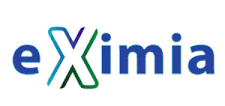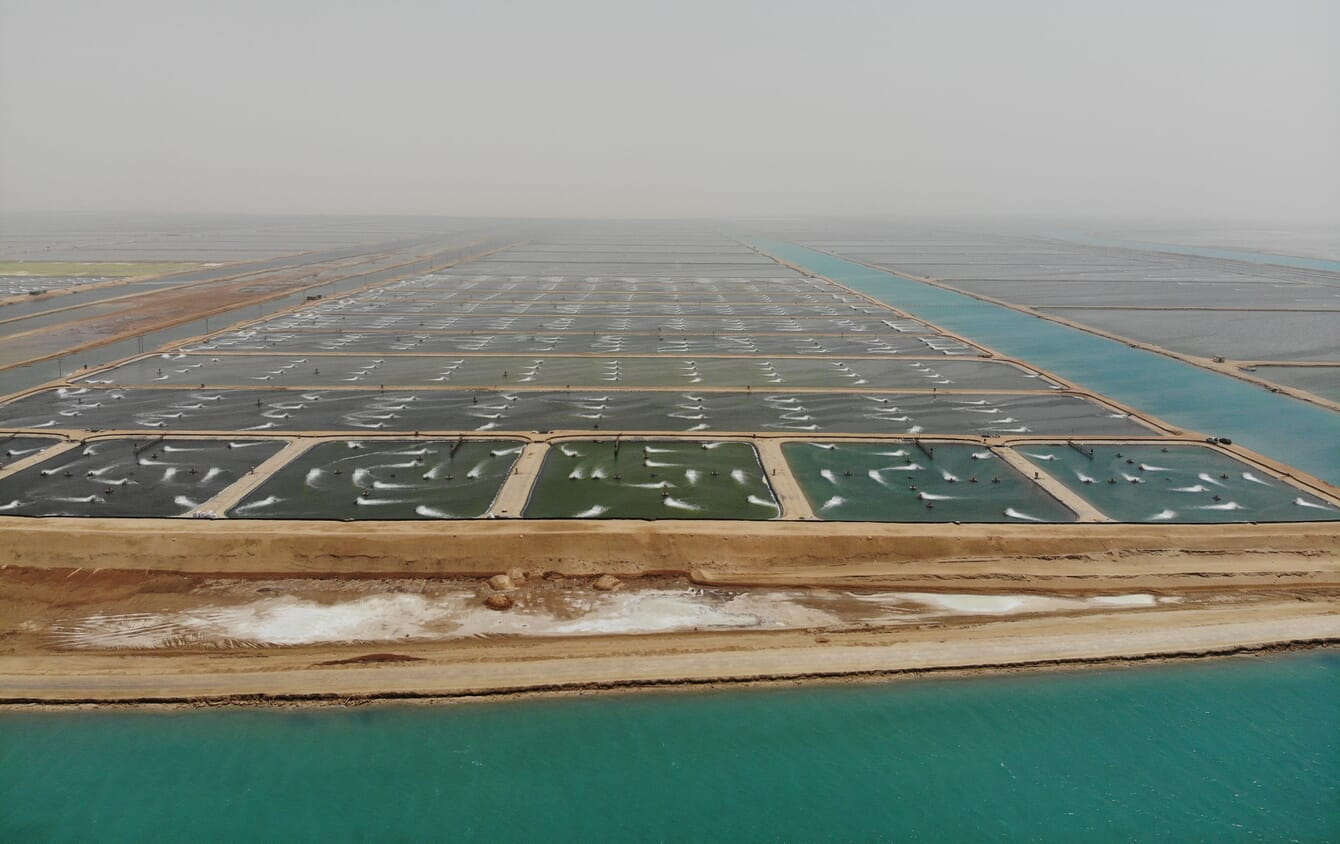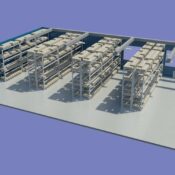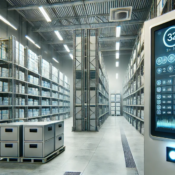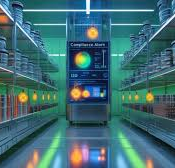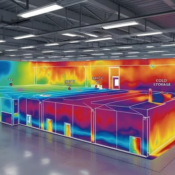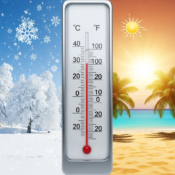Seafood is one of the fastest-growing sectors in Saudi Arabia’s food industry. With the Kingdom’s long Red Sea coastline and ambitious plans to expand its aquaculture and fisheries, the demand for reliable and efficient supply chains has never been higher. But seafood is also one of the most temperature-sensitive products in the world. Even slight deviations in storage or transport conditions can lead to spoilage, safety concerns, or financial losses. This is where a temperature mapping study becomes a critical safeguard.
At Eximia360 (www.eximia360.com), we provide expert temperature mapping study services across Saudi Arabia — including Jeddah, Dammam, and Riyadh — ensuring that seafood travels from the Red Sea fisheries to the dining tables of major cities while maintaining peak freshness and safety.
Why Temperature Mapping Study Matters in Seafood Logistics
Transporting seafood is not just about speed — it’s about maintaining precise cold chain conditions at every stage of the journey. From fishing vessels and cold storage units in Jeddah to distribution centers and delivery trucks heading toward Riyadh or Dammam, the slightest variation in temperature can compromise product quality.
A temperature mapping study identifies how temperature fluctuates within storage spaces, trucks, or warehouses, highlighting “hot spots” and “cold spots” that could harm the seafood supply. By analyzing this data, companies can adjust cooling systems, optimize fleet routes, or redesign storage layouts to maintain consistency.
Safeguarding the Journey: From the Red Sea to Riyadh
- At the Source – Fisheries and Cold Storage
Freshly caught seafood in Jeddah must be immediately stored under controlled conditions. A temperature mapping study ensures that cold storage facilities are evenly cooled, preventing areas where seafood could partially thaw or freeze. - During Transport – Delivery Fleets
Trucks traveling long distances, especially to Riyadh, face intense sun and fluctuating external temperatures. Through temperature mapping studies, Eximia360 helps businesses understand how fast truck interiors heat up, how well cooling systems hold up, and where improvements are needed. - At Distribution Hubs – Warehousing in Jeddah and Dammam
Warehouses act as the link between fisheries and markets. Our temperature mapping study services pinpoint inconsistencies in airflow and cooling, allowing operators to restructure shelving, add cooling units, or modify storage practices.
Benefits of Temperature Mapping for the Seafood Supply Chain
Investing in a temperature mapping study offers multiple advantages for seafood suppliers and distributors in Saudi Arabia:
- Guaranteed Freshness: Maintaining stable conditions ensures seafood reaches markets in Jeddah and Riyadh at peak quality.
- Regulatory Compliance: Food safety standards in Saudi Arabia and global export markets require proven cold chain validation, which a mapping study provides.
- Reduced Waste and Costs: By identifying inefficiencies, businesses can cut down on product losses and lower energy costs.
- Consumer Trust: Shoppers and restaurants are more confident in suppliers that can prove their products are stored and transported under safe conditions.
At Eximia360, we’ve seen how applying insights from temperature mapping studies transforms seafood logistics. From fishermen on the Red Sea to retailers in Riyadh, the entire chain benefits from greater control and efficiency.
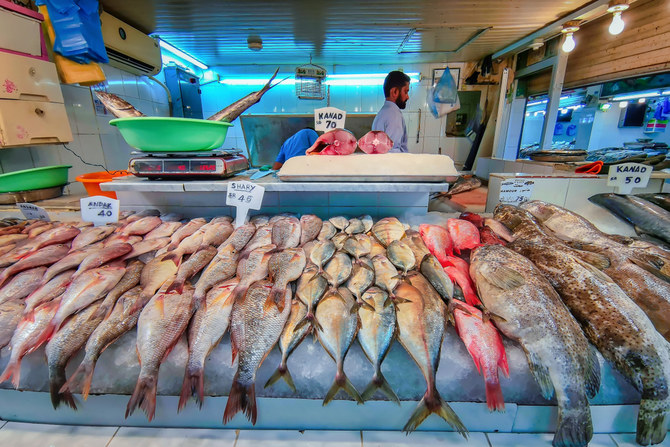
Building a Future-Ready Seafood Industry
Saudi Arabia’s Vision 2030 emphasizes food security and economic diversification, and seafood plays a major role in this vision. With expanding fisheries, growing exports, and increasing domestic demand, the Kingdom needs robust systems to protect product integrity.
By adopting temperature mapping studies, seafood suppliers can align with these national goals while also strengthening their operations. At Eximia360, we are proud to support this transformation by offering temperature mapping study services across Jeddah, Dammam, and Riyadh, ensuring the supply chain is future-ready and resilient.
Conclusion
The journey of seafood from the Red Sea to the markets of Saudi Arabia is delicate and complex. Without strict control, freshness and safety are at risk. A temperature mapping study bridges this gap, turning raw data into practical actions that protect products, reduce waste, and build customer trust.
For fisheries, distributors, and logistics providers across Jeddah, Dammam, and Riyadh, Eximia360 is the trusted partner in safeguarding seafood quality. Visit us at www.eximia360.com to learn how our temperature mapping study services can help you protect freshness and strengthen your supply chain.
